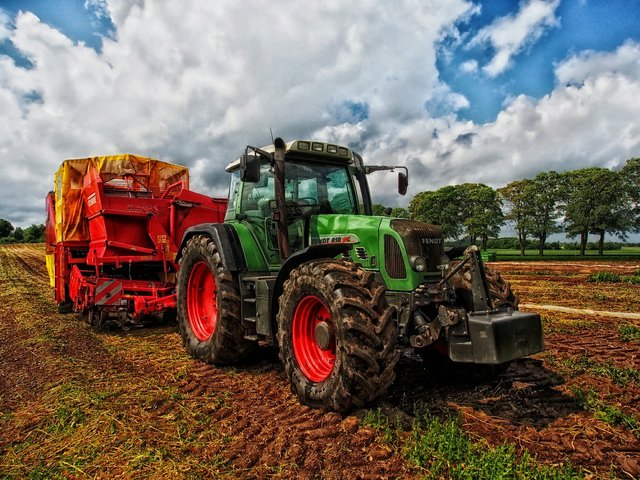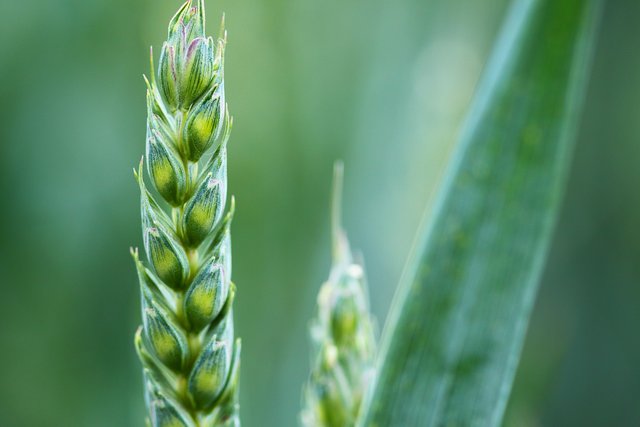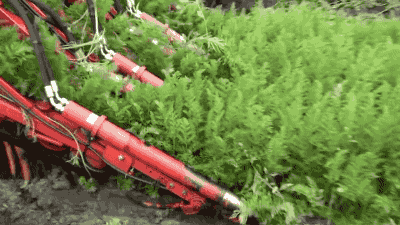Farmers Happy To Make More After Going Organic

The amount of organic acreage worldwide in 2017 reportedly reached a record level, with 70+ million hectares being farmed. An increasing number of farmers worldwide are opting to convert to organic farming from conventional methods. Still, it isn't the prevailing farming method, there is still plenty of growth required before it will be regarded as the mainstream farming method.
It's estimated that less than 1 percent of land in the United States has been certified organic.

For those farmers who have switched to organic, they're happy to be earning more, among seeing other benefits.
The demand for organic food continues to grow in the US and elsewhere, so does the demand for organic growers. It can still be difficult for organic growers though, especially when they are surrounded by farmers that are growing with other methods.
"It’s difficult because we are surrounded by farmers that spray. I do have really good neighbours, but I do have to have 30-foot buffers on all of my land, that is surrounded by chemical land. And I have to take that land out of my own production. I can’t grow grain on that and certify it as organic,” says Nicole Davis, a 6th generation farmer
There are many challenges to growing organic but you'll find many farmers who are dedicated to farming using organic practices, and millions of consumers happy to support them in doing so.

Organic food sales have doubled over the last decade but organic farming hasn't been growing at the same pace in the US. Demand is outpacing domestic supply and that leaves them importing billions in organic food to satisfy the needs.
A growing number of brands however, are becoming interested in partnering with farmers to help them make the switch because the decision to go organic can be a risky one and there are barriers which prevent farmers from being willing or able to take that risk for their family. Thanks to technology and e-commerce opportunities as well, more small organic farmers are finding a way to get their goods into the hands of the people who want them.

In 2016, it's reported that there were more than 14,000 organic farms in the United States, roughly a 56 percent increase from 2011.
A great deal of farmers today will also need to retire sometime in the near future and many don't have any transition plan for their farm ready. Farming isn't a popular career choice with young people today. It's estimated that more than 90 percent of farmers in Canada for example, currently have no succession plans and the future of their farms is at risk. It's a problem that farmers worldwide need to consider and plan for.
Pics:
pixabay
pixabay
gifer
giphy

Organic farming is the way to go and more farmers are making the swap every day. Great news...
Organic farming makes so much sense but I can understand the hesitation by farmers due to the overhead costs and effort. I really hope organic wins over genetically modified food in the long run.
Partly the increased cost for organic farming is the documentation of there processes and certification. Have conventional (agribusiness) farms certify and document all the processes and chemicals they use and it would possibly switch which method is less costly.
@doitvoluntarily This is a very important news dear friend, I've been listening to people talk for years and encourage them to return to the traditional organic crops, these amounts of land won is an important advance
Thank you very much for spreading this news
I wish you a great day
In that organic farming because i am hearing it for the first time, is it more expensive that coventional farming